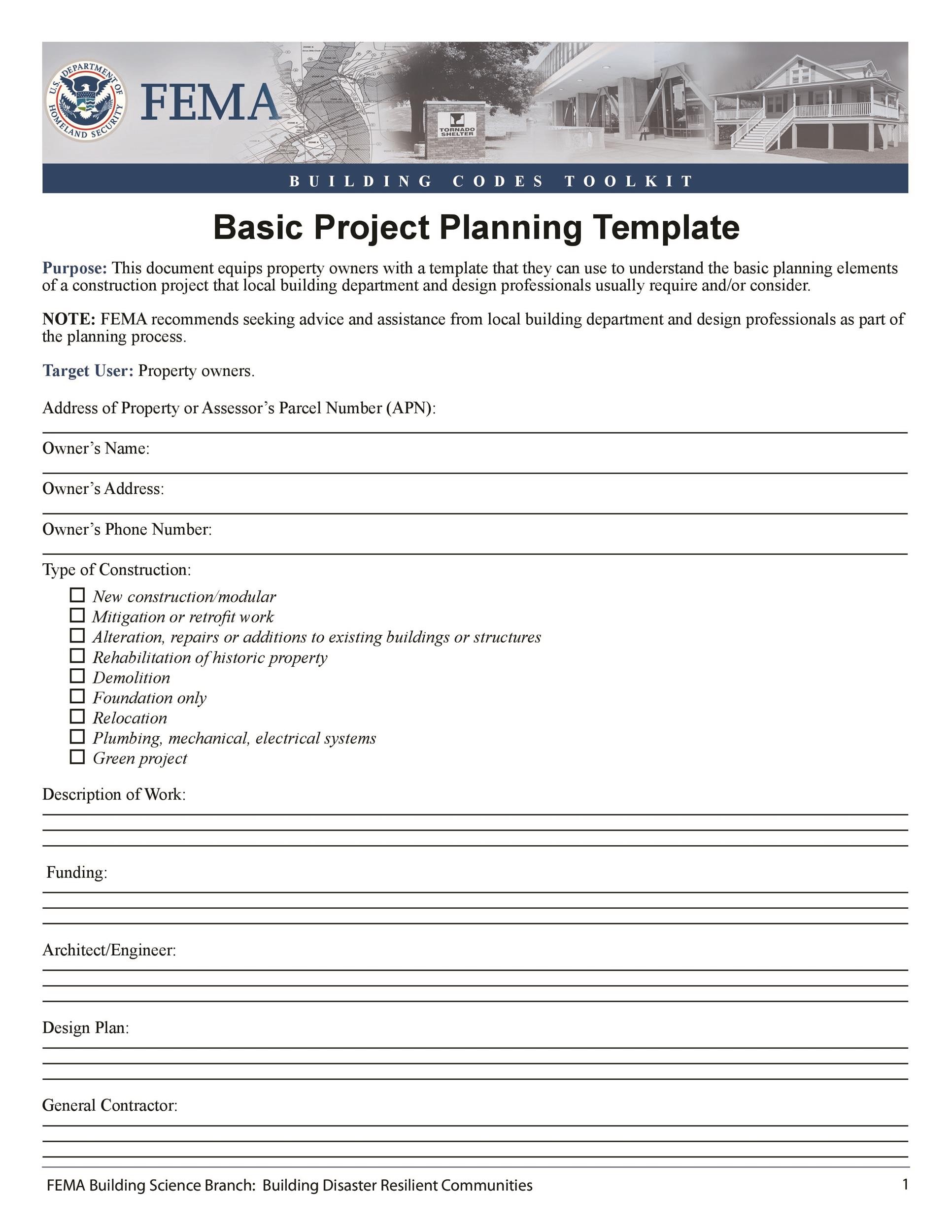


A contingency plan is included in case something goes wrong. This includes possible solutions to manage potential risk.

The project manager makes a plan for the unexpected. The work breakdown structure details the tasks that need to be completed, the schedule outlines the timeline for the project, while the budget identifies the resources required and costs associated with the project. It is important to get input from all stakeholders when creating the work plan to ensure that everyone is on the same page.ĭefine the project's scope by creating a work breakdown structure, schedule, and budget. This includes the milestones and smaller tasks the team must complete by the end of the project. Set specific, measurable, achievable, relevant, and time-bound (SMART) goals.
Project management planning full#
The project management academic team in Bradford consists of full members of professional bodies, elected members of SIG committees, as well as accreditation assessors and provide academic support throughout your study.Project planning is a critical element of project management, as it sets the stage for the entire project. You will be supported to create links to professional bodies in project management as well as the industry experts through industry related events, guest speakers, panel discussions, and residential days. Once registered on the MSc in Project Planning and Management, you will be eligible for the student membership on Association of Project Management. The theory and practice of management skills for project and programme management, focusing particularly on 'hard' and 'soft' skills for successful project implementation.The principles and practice of project planning, design, preparation, and appraisal techniques for projects in a development context.The discipline of project and programme management, within an overall appreciation of the nature and purpose of projects.On completion of your course, you will be able to understand and examine critically: The focus of the course is on development projects in the public or third (voluntary or community) sectors, but the underlying principles are applicable to all types of project, including those for commercial benefit. The degree provides an excellent basis for career enhancement or conversion for those with interest and experience in projects for development. It is designed to deepen critical understanding of the strategies, processes, techniques and issues involved in taking ideas for development and turning them into practical realities with identifiable outcomes and benefits. This course builds knowledge and skills in the planning and management of development projects and programmes.


 0 kommentar(er)
0 kommentar(er)
